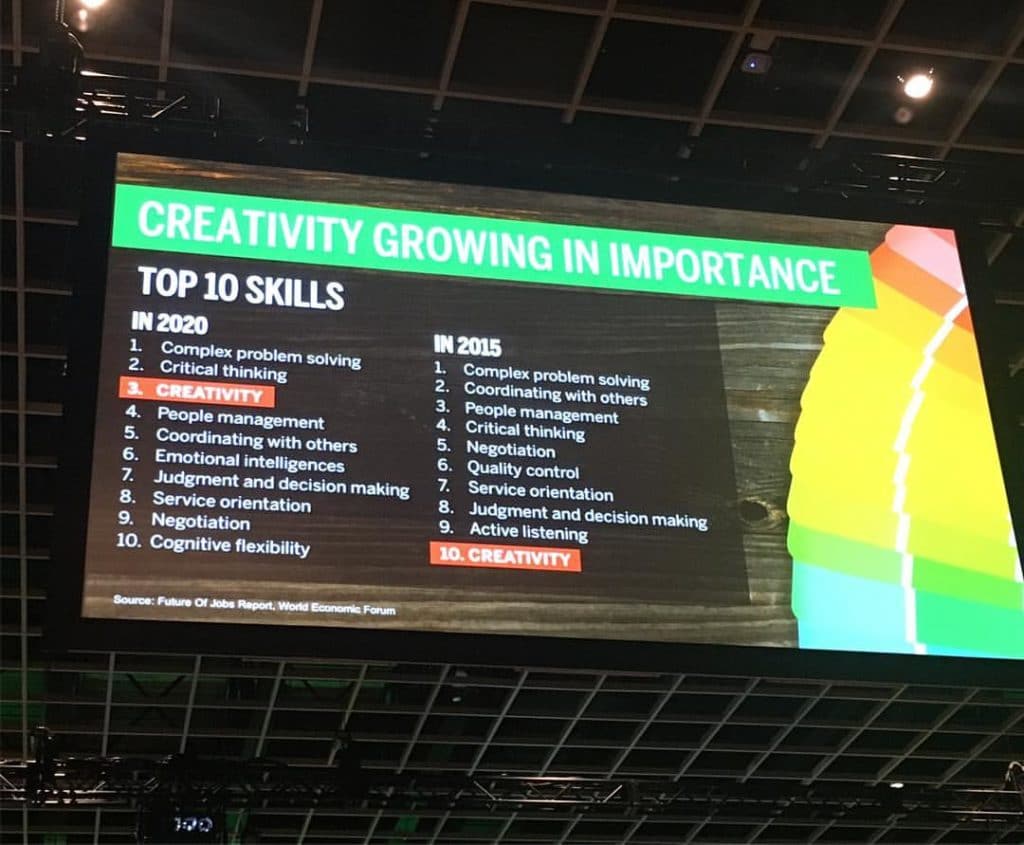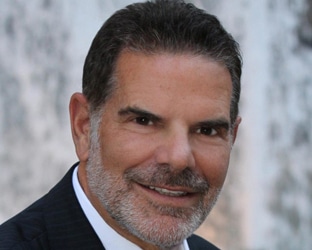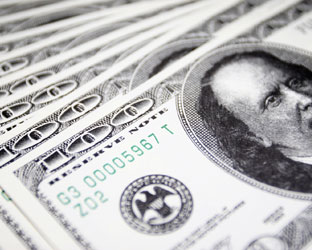Noted media ecologist Jack Myers, chairman of MyersBizNet and a top authority on where media is headed from a financial perspective, has good news for radio and television broadcasters.
Magazine publishers such as Meredith Corporation, which announced yesterday a bump in distribution for the Joanna and Chip Gaines-affiliated quarterly lifestyle magazine The Magnolia Journal from 400,000 to 600,000 just two weeks after its newsstand launch, should be giddy with anticipation.
“I see a shift back toward legacy media, and in the very long-term print media — magazines, in particular — will benefit,” Myers tells RBR + TVBR in an interview from his Millbrook, N.Y. headquarters.
In Part II of our conversation with Jack Myers, we review his financial outlook for radio for the next five years. Be sure to set a bookmark for RBR.com so you can quickly access it! Myers will be appearing November 16 at the RadioINK Forecast conference in New York, of which Radio + Television Business Report is the official media partner.
Thank smarter CMOs and marketing and branding executives for leading the parade of dollars back to radio, TV, and glossies.
“As advertisers recognize that they’ve gone overboard on data sciences and data analytics,” Myers says. “After looking at a lot of the ROI, they are beginning to realize that their overdependence on digital media is not working for them.”
Radio will benefit with a large number of categories investing in the medium, he adds.
And, it will be a long-term trend, Myers believes.
“I don’t see major shifts back [to digital],” he says.
Meanwhile, Myers is quick to point out that “digital” dollars really refer to the allocation by marketers of ad expenditure to three key players: Facebook, Google and Snapchat. The rest of the companies attracting dollars, he believes, simply aren’t as dominant and aren’t seeing the same amount of growth, or activity, as the biggest players in the social media and SEO/SEM space.
A MARKED SHIFT FOR THE MASTERS OF MARKETING
Myers was one of the thousands of attendees at the 2016 ANA Masters of Marketing Conference, held last week in Orlando.
Asked if there was one key difference between last year’s event and this year’s, Myers found it easy to respond.
“In 2015, the whole conference featured session after session on data and analytics,” he says. “This year the focus was on engagement, attention, creativity, and ideas — with a focus on engagement and attention. It is really now about gaining the attention of the audience of the consumer.”
That’s because metrics on impressions do not necessarily give you the insights on attention, Myers argues.

It is why Procter & Gamble Co. has moved dollars back to television and why automotive dollars will be heading back to radio — albeit, in a stream and not so much a flood.
While some may consider an increased advertiser interest in radio a renaissance, Myers differs in opinion, saying that a lot of advertisers are going to a medium that offers stability.
Yet, he has some recommendations for radio’s programming leaders.
“Radio needs innovation in formats, innovation in pod positioning, and innovation in branded content opportunities,” he believes, adding that iHeartMedia — despite its financial troubles — has done much to bring events and experiential marketing to the forefront of what radio can do from an NTR perspective.
“It’s about creativity, and the reinvention of advertising opportunities,” Myers says.
This is where Myers turns his attention to his fellow Masters of Marketing attendees.
“Agencies are losing significant opportunities by not recognizing the importance of radio creativity,” he says. “They are not capitalizing on it, and are missing the boat by locking radio into a ‘radio department,’ rather than incorporating it into a cross-platform media market.”
Change, he believes, can happen — with strong ROI measurements.
“Marketers need to better understand the value and power from driving immediate sales with radio,” Myers says. “They are not being fully taken advantage of.”





